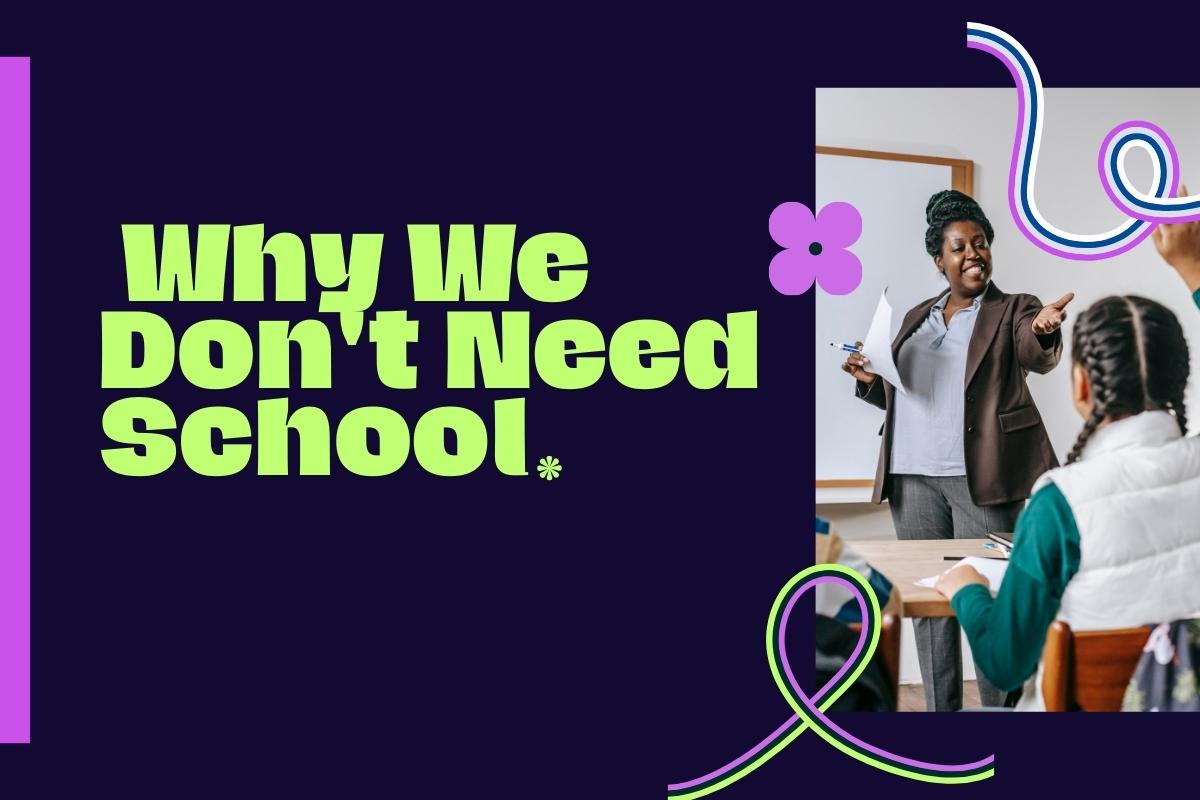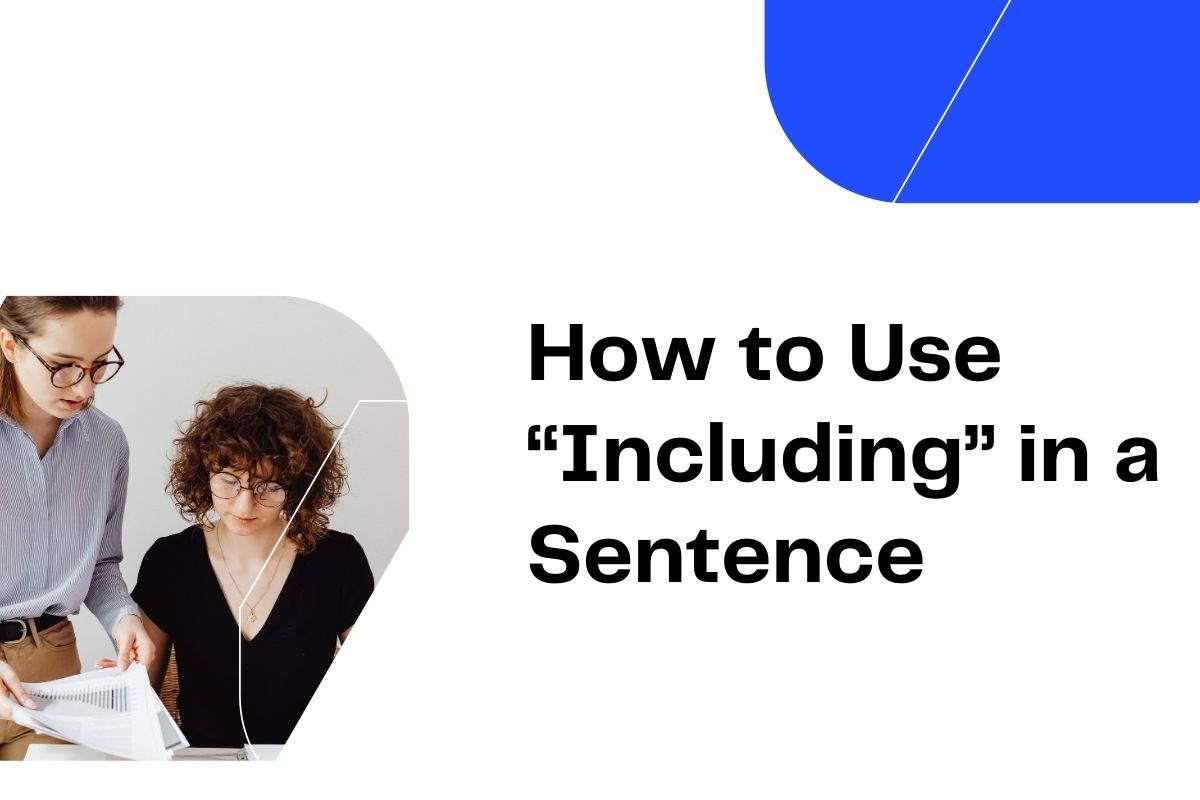The traditional school system has been a core part of society for centuries. It’s where most of us learned how to read, write, and understand the world. But in today’s fast-paced and digitally connected era, some people question whether we still need school the way it exists today. Are schools really preparing us for the real world? Is sitting in a classroom for hours every day still the best way to learn? Many people now believe that the school system is outdated and needs a big change.
In this article, we will explore why we might not need school anymore in the traditional sense. We will look at how learning can happen outside of classrooms, the downsides of formal education, and how real-life experience might be more valuable in some cases.
Key Points:
- Real learning often happens outside of school.
- The internet gives free access to world-class knowledge.
- Traditional schools don’t always prepare students for real-world challenges.
What Are The Main Problems With Traditional Schooling?
One of the biggest issues with schools today is that they often follow a one-size-fits-all approach. Every student is different, with unique strengths and weaknesses, but schools usually expect all students to learn in the same way. This can make some students feel left out or less capable, even though they may be talented in other areas like art, music, or sports.
Another problem is the heavy focus on grades and tests. Instead of encouraging curiosity and creativity, schools often push students to memorize facts just to pass exams. This kind of learning usually doesn’t stay with students for long. Many people forget what they learned right after the test. Also, the pressure to get high marks can lead to stress, anxiety, and even depression among students.
Moreover, many subjects taught in school are not directly useful in real life. For example, knowing how to do complex algebra may not help someone who wants to be a chef, mechanic, or artist. Schools rarely teach important life skills like managing money, building relationships, or mental health awareness.
Reminder: Real intelligence can’t always be measured by test scores.
Can We Learn Without Going To School?
Yes, we absolutely can. Learning doesn’t only happen inside a classroom. In fact, many people learn best by doing things in real life. For example, a child who helps on a farm might learn more about biology and nature than they would from a textbook. A teenager who starts a small business could learn more about math, communication, and problem-solving than they might in school.
The internet has made it easier than ever to learn anything from anywhere. Platforms like YouTube, Coursera, and Khan Academy offer free or low-cost lessons on nearly every subject you can think of. You can learn how to code, draw, cook, or even speak a new language just by watching videos or taking online courses. Some people have even built successful careers without ever going to college.
Here’s a comparison between school and self-learning:
| Factor | Traditional School | Self-Learning |
|---|---|---|
| Learning Speed | Set by teachers | Set by student |
| Flexibility | Fixed schedule | Flexible schedule |
| Cost | Often expensive | Often free or low-cost |
| Focus | Theory-heavy | Practical skills |
| Personalization | Limited | High |
Note: Learning can be more effective when it matches your interests and pace.
Do Schools Kill Creativity And Curiosity?
Many people believe that the traditional school system does more harm than good when it comes to creativity. In early childhood, kids are naturally curious. They ask a lot of questions and try to explore the world. But once they enter school, they are told to follow rules, sit still, and only speak when called upon. Over time, this can crush their desire to explore and create.
For example, in schools, there’s often only one “right answer” to a question. This teaches students to fear being wrong, which stops them from thinking outside the box. Subjects like art, music, and drama are also given less time and value compared to subjects like math and science. As a result, students who are creative or think differently may feel they don’t belong.
Albert Einstein once said, “Imagination is more important than knowledge.” Yet our schools often ignore imagination in favor of strict rules and memorization. chiorigenshin.com
What Alternatives Exist Instead Of School?
There are many alternatives to traditional schooling that offer flexible and effective ways to learn. One popular method is homeschooling, where children learn at home with help from their parents or tutors. Homeschooling allows for a personalized learning plan, which can help kids follow their passions and learn at their own pace.
Another option is “unschooling,” which is a more relaxed version of homeschooling. In unschooling, children learn by exploring topics they are interested in. For example, if a child is curious about space, their parent might help them watch documentaries, visit a planetarium, or build a model rocket.
Some families choose alternative schools like Montessori or Waldorf schools, which focus on creativity, hands-on activities, and emotional development. These schools often avoid strict grading systems and encourage kids to learn through play and real-world experiences.
Here’s a comparison chart for different learning paths:
| Learning Path | Structure Type | Main Focus |
|---|---|---|
| Traditional School | Highly structured | Academic achievement |
| Homeschooling | Semi-structured | Personalized education |
| Unschooling | Unstructured | Curiosity-based learning |
| Online Courses | Flexible | Skill and interest-based |
Is School Necessary For Success?
Not necessarily. Many successful people did not follow the usual school path. Steve Jobs, Bill Gates, and Elon Musk all either dropped out of school or took alternative education paths. What they had in common was a passion for learning and a drive to build something meaningful.
School can help you get a job or a college degree, but it is not the only road to success. In today’s world, skills are often more important than degrees. If you can show that you can do a job well, like coding, writing, designing, or fixing machines, then many employers care less about your formal education.
Also, self-made entrepreneurs, artists, and influencers are proving that success comes in many forms. If you have a talent or a passion, the internet gives you a chance to share it with the world. From YouTube channels to online businesses, there are endless ways to create your own future without depending on school. chiorigenshin.com
Conclusion
School has its benefits, but it’s not the only way to learn or succeed. In a world full of new tools, technologies, and opportunities, people are now rethinking what education should look like. Real learning happens everywhere—from farms to laptops, from building a treehouse to starting a blog.
It’s important to ask questions, follow your curiosity, and find what works best for you. Whether it’s school, homeschooling, or self-learning, the goal should be to grow, create, and contribute to the world in your own unique way.
FAQ’s
- Why do some people think school is unnecessary?
- Because schools often don’t teach real-world skills and focus too much on memorization.
- Can I be successful without school?
- Yes, many people succeed through self-learning, passion projects, and practical skills.
- Is homeschooling better than traditional school?
- It depends on the learner. Homeschooling offers more flexibility and personalization.
- What is unschooling?
- Unschooling is a method where children learn through real-life experiences instead of a set curriculum.
- Are online courses a good alternative to school?
- Absolutely! Many people gain valuable skills and certifications through online learning.




